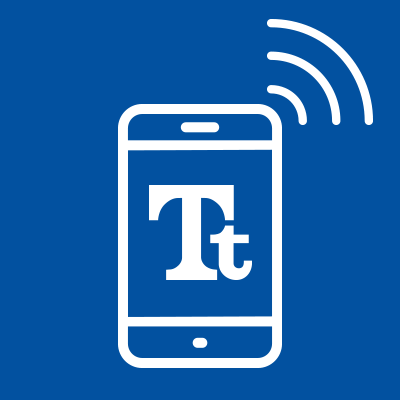Project Name: Italian Network
Location: Italy
Company/client: Telecom Italia
Tratos & Telecom Italia cooperation
Tratos has supplied telecommunication and optical fibre cable, worth more than 30 million euros to Telecom Italia S.p.A for development of its communications network.
TIM has closed the first tender for the supply of optic fibre cables in support of FiberCop’s FTTH cabling plan. The TIM Group company called to transform the secondary network, which runs from the cabinets to the homes of Italians.
Telecom Italia S.p.A. operates fixed voice and data infrastructure in Italy and provides mobile network platforms.
Italy’s large telecom market has one of the highest mobile penetration rates in Europe and has benefitted from progressive government programmes to develop the fibre broadband sector. The number of broadband subscribers is growing steadily, though the DSL segment has begun to contract as subscribers migrate to the fibre platform.
TIM
Telecom Italia (TIM) fully believes that connectivity and digital solutions can bring people together, lead companies to grow and ensure community well-being with a view to sustainable growth.
TIM has been featured in the main sustainability indexes for over 16 years, which demonstrates our commitment and our wider aim: to become carbon neutral by 2030.
TIM is working towards an increasingly digital Italy thanks to our infrastructure, which can cater to the needs of citizens and institutions alike in even the most challenging situations.
And TIM is on its way, both with mobile ultra-broadband—LTE currently covers more than 99% of the population, and the target of national 5G coverage by 2025/2026—and with fibre ultra-broadband and fast internet.
TIM offers its almost 100 million customers, between Italy and Brazil, a convergent and ever richer connectivity: fixed and mobile telecommunications, TV, digital content for entertainment – video, music, gaming, smart home solutions.
It invests in innovation in the new frontiers of cloud and edge computing to offer innovative platforms and solutions for business digitalisation, from SMEs and large industries to public administration and the healthcare sector. This is how digital schooling, smart working, e-government services, and smart quality-of-life solutions have become a reality: from traffic management to safety and lowering environmental impact in urban areas.
FTTH initiative
Tratos is very pleased to support globally the Fibre to the home (FTTH) initiative, which is a powerful enabler of UN Global Goals : GOAL 3: Good Health and Well-being, GOAL 4: Quality Education, GOAL 5: Gender Equality, GOAL 8: Decent Work and Economic Growth, GOAL 9: Industry, Innovation and Infrastructure, GOAL 11: Sustainable Cities and Communities, GOAL 12: Responsible Consumption and Production.
FTTH is the delivery of a communications signal over optical fibre from the operator’s switching equipment all the way to a home or business, thereby replacing existing copper infrastructure such as telephone wires and coaxial cable.
FTTH is one of the most powerful technologies for fixed Internet access:
- It promotes the performance and reliability of passive infrastructure,
- It offers the fastest and most symmetrical connection speeds,
- It allows the evolution of new Internet uses, multimedia and connected services thanks to speeds much higher than those of ADSL.
Fibre to the home is a relatively new and fast-growing method of providing vastly higher bandwidth to consumers and businesses, thereby enabling more robust video, internet and voice services.
Connecting homes directly to fibre optic cable enables enormous improvements in the bandwidth that can be provided to consumers. Current fibre optic technology can provide two-way transmission speeds of up to 100 megabits per second. Further, as cable modem and DSL providers are struggling to squeeze increments of higher bandwidth out of their technologies, ongoing improvements in fibre optic equipment are constantly increasing available bandwidth without having to change the fibre. That’s why fibre networks are said to be “future-proof.”










